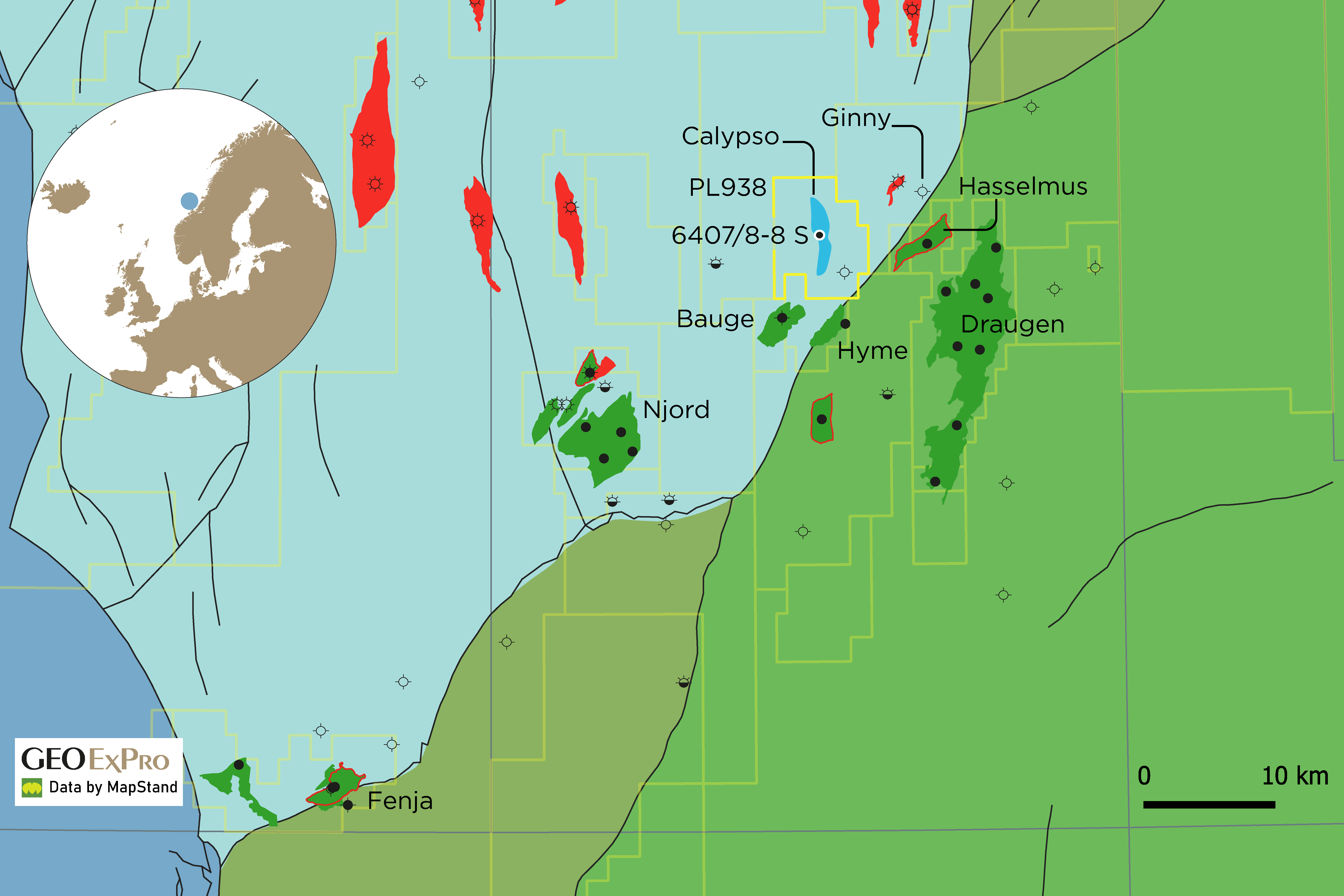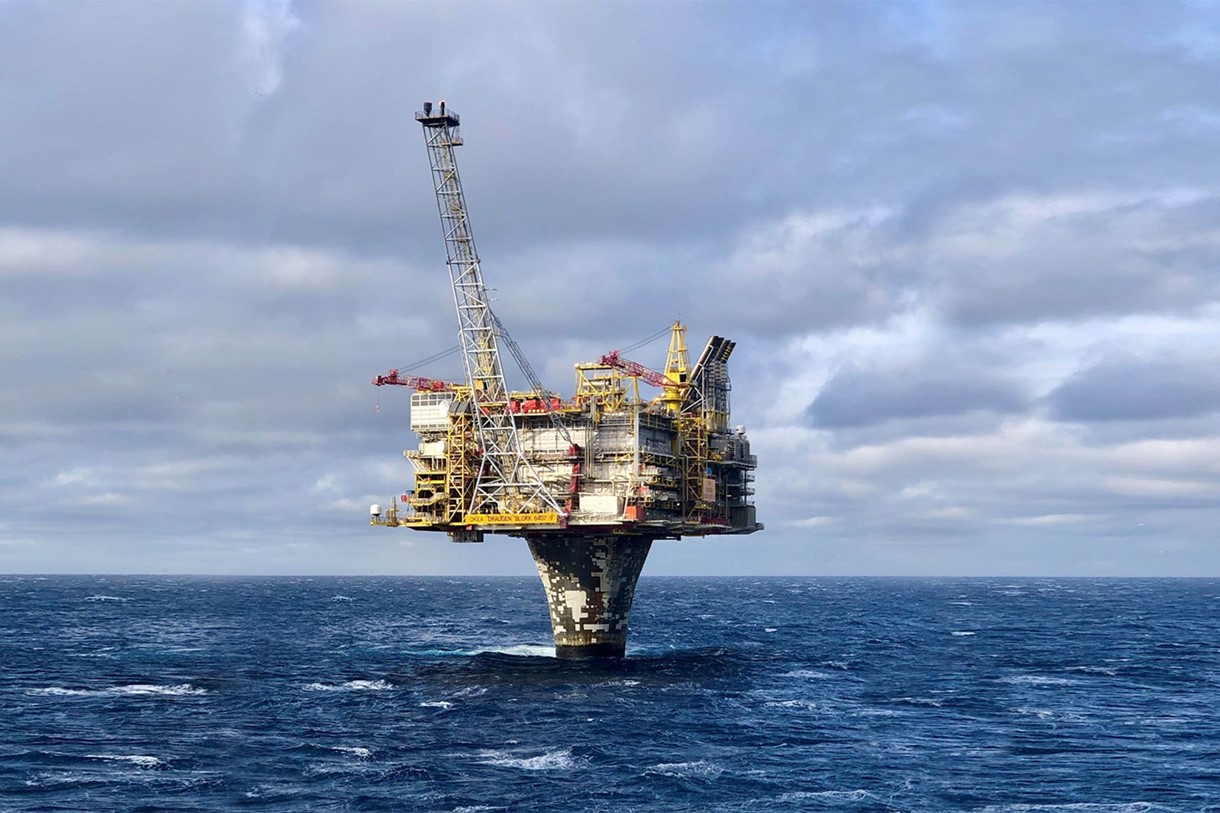– We view digitalization as a way to increase production and reserves, improve HSE and enabling an efficient end-to-end value chain, said Gro Gunnleikrud Haatvedt, Vice President Exploration and Development at Neptune Energy during a talk at the DigEx 2020 conference in Oslo January 28th.
The company’s aim is to reduce the time from idea to discovery and thereby fast-tracking the path to first oil.
The company’s new digital subsurface programme was first unveiled at the conference:
Haatvedt showed the workflow for the Fenja field as an example. Fenja is expected to start producing in 2021, 11 years after the company started the work to obtain the license.
Today, that work could have been done in 8 years by creating the next generation workflow and utilizing new technology, according to Haatvedt.
– To achieve such time saving, we want to invest in high-powered cloud computing solutions and we will use standardized and streamlined applications as well as niche applications based on machine learning and artificial intelligence.
Haatvedt also said that the company supports the Open Subsurface Data Universe (OSDU) as a member.
OSDU is a forum established by a group of leading oil and gas companies with the aim to enable new cloud-based data-driven applications with seamless access to a full range of subsurface and well data.
The initiative is open and transparent and seeks to reduce the resource and cost burden of individual companies by developing a common, standardized platform for all members to use.
Neptune prefers, however, not to rely on a single service provider or one group.
– Our first goal is to build our partner ecosystem, and in doing so, we are evaluating how the vendor’s solutions fit with Neptune’s overall digital vision and how they can complement us, said Haatvedt.
Haatvedt believes a multi-party collaboration is essential, as the company has not seen any single partner that has a solution that covers all of Neptune’s needs.
Neptune was founded in 2015 and is 100 % owned by private investors.
Through three recent acquisitions (2018: ENGIE portfolio, 2019: VNG and expected closure in 2020: Edison) on the Norwegian Continental Shelf (NCS), Norway has become the most important country for Neptune in terms of production.
Neptune Energy operates in Norway, Germany, the Netherlands, United Kingdom, Algeria, Egypt, Australia, and Indonesia.
Text: RONNY SETSÅ





